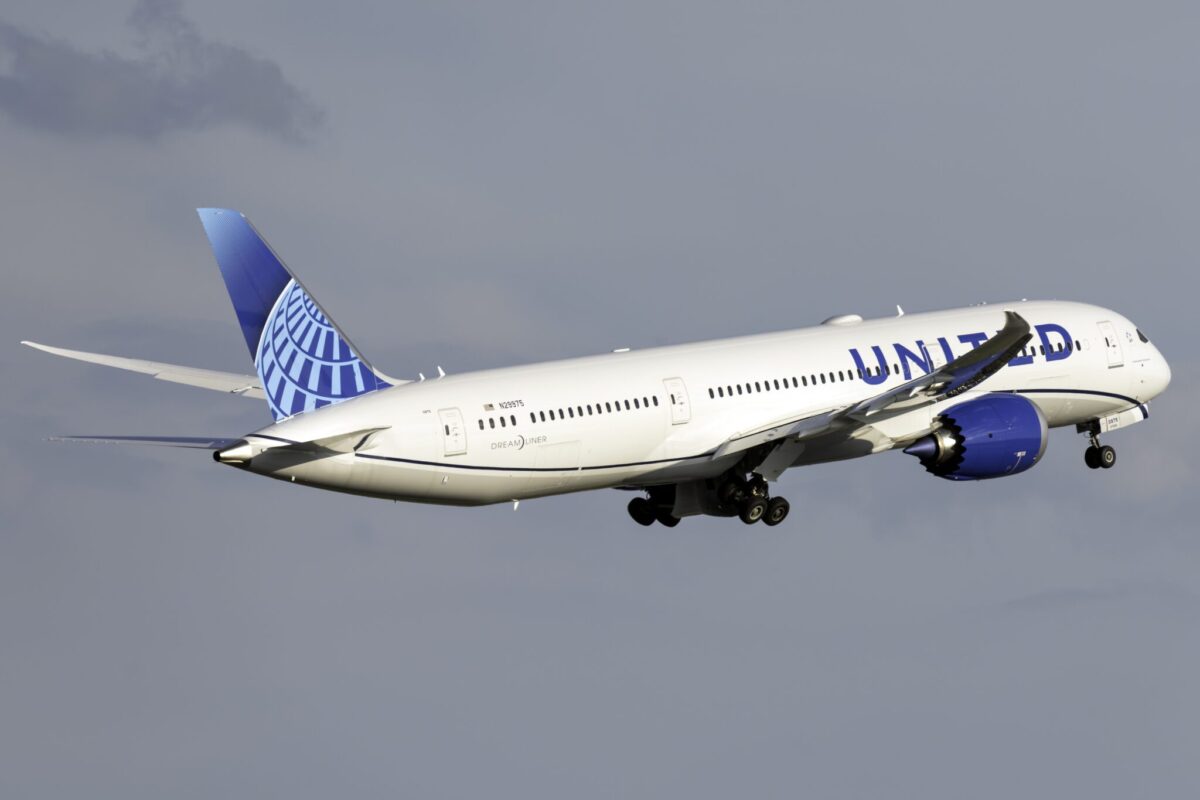United Execs on Corporate Travel, China, Boeing and the Election Slowdown

Skift Take
It’s been a good year for United Airlines.
The carrier saw one of its busiest summers and made headlines for its offbeat routes expansion and new Starlink partnership.
For the third-quarter, United reported revenues of $14.8 billion and is now implementing a $1.5 billion share buyback program, its first since the pandemic.
While the airline is still in thorny negotiations with its flight attendants over a new contract and came under scrutiny for a slate of safety incidents, it expects to end the year on a strong note.
Here are four takeaways from United’s third-quarter earnings:
1. Business Travel Is Back
Corporate revenues for United were up 13% compared to last year. Chief commercial officer Andrew Nocella said the carrier also saw more growth in its coastal hubs as the tech and finance industries have increased their business travel.
Other sectors like energy have experienced slower growth, Nocella said.
“All verticals are growing and corporate traffic looks good, but the coastal hubs are much stronger than the interior hubs at this point,” he said.
Business travel has taken longer to bounce back post-pandemic. Other carriers such as Delta Air Lines and Alaska Airlines have also enjoyed a spike in business travel this year, partly fueled by the tech industry.
The United executive said he also expected more corporate growth into the first quarter of 2025.
“We see corporate traffic accelerating, that's United’s bread and butter,” he said.
Since the pandemic, Nocella said United saw some of its busiest days for business travel during the third quarter.
“We've seen eight of the top 10 biggest post-pandemic corporate revenue booking days since the start of September, including the biggest day in United's history,” Nocella said.
2. Demand for China Travel Has Completely Changed Post-Pandemic
United recently brought back its Los Angeles-Shanghai route, but it’s not expecting to grow much of its China presence.
“China is just completely different for United today than it was pre-pandemic,” Nocella said.
Western carriers have been scaling back their presence in China due to flight restrictions from the Chinese government and the inability to fly over Russian airspace since the start of the Russia-Ukraine War.
Virgin Atlantic scrapped its London-Shanghai flights in July, citing “significant complexities and challenges.” British Airways is pausing flights to Beijing until October 25. Qantas also pulled out of Shanghai due to soft demand. Lufthansa lowered its financial outlook for 2024 partly because of weaknesses in the Chinese market.
“It's just a completely different world,” Nocella said.
3. United Still Has Faith in Boeing
As Boeing grapples with an ongoing machinist strike and issues with its aircraft programs, United CEO Scott Kirby said he still had faith in the plane maker.
“I think [Boeing CEO] Kelly Ortberg is pivoting the company back to their roots,” Kirby said.
The United CEO added he was encouraged by Boeing’s latest efforts to raise capital. The plane maker posted a shelf registration Tuesday morning, aiming to raise up to $25 billion. It also entered a $10 billion credit agreement with a consortium of banks.
Boeing announced on Friday that it would delay the first deliveries of the 777X to 2026 and lay off 10% of its staff. Ortberg told staff on Friday that the company decided to delay the launch of the 777X – which was already six years behind schedule — due to challenges in development and a pause in flight testing.
The strike, which is costing Boeing nearly $1 billion a month, according to S&P, has also brought up fears of a potential bankruptcy. Emirates president Tim Clark told The Air Current that he was concerned Boeing may have to file for Chapter 11 bankruptcy if it can’t get past the strike and production issues.
“Unless the company is able to raise funds through a Rights Issue, I see an imminent investment downgrade with Chapter 11 looming on the horizon,” Clark said.
Currently, Boeing is at risk of receiving a downgrade to its credit rating, which is just a notch above junk.
However, Kirby said he wasn’t worried about a Boeing bankruptcy.
“It's hard to hear all of that, but we're not anticipating the outcome you described," Kirby said, referring to a reporter’s question on Clark’s comments.
4. Expect Travel to Slow Down Around Election Day
United is anticipating travel to slow during the weeks surrounding Election Day, which is typical during election years.
“Fewer people travel that week for obvious reasons,” Nocella said. “And here we are, it's four years later, and we are seeing the same thing. So I don't think there's anything to be surprised by.”
Delta also said during its earnings call that it is expecting a brief dip in travel demand due to the 2024 presidential election.
Airlines Sector Stock Index Performance Year-to-Date
What am I looking at? The performance of airline sector stocks within the ST200. The index includes companies publicly traded across global markets including network carriers, low-cost carriers, and other related companies.
The Skift Travel 200 (ST200) combines the financial performance of nearly 200 travel companies worth more than a trillion dollars into a single number. See more airlines sector financial performance.





